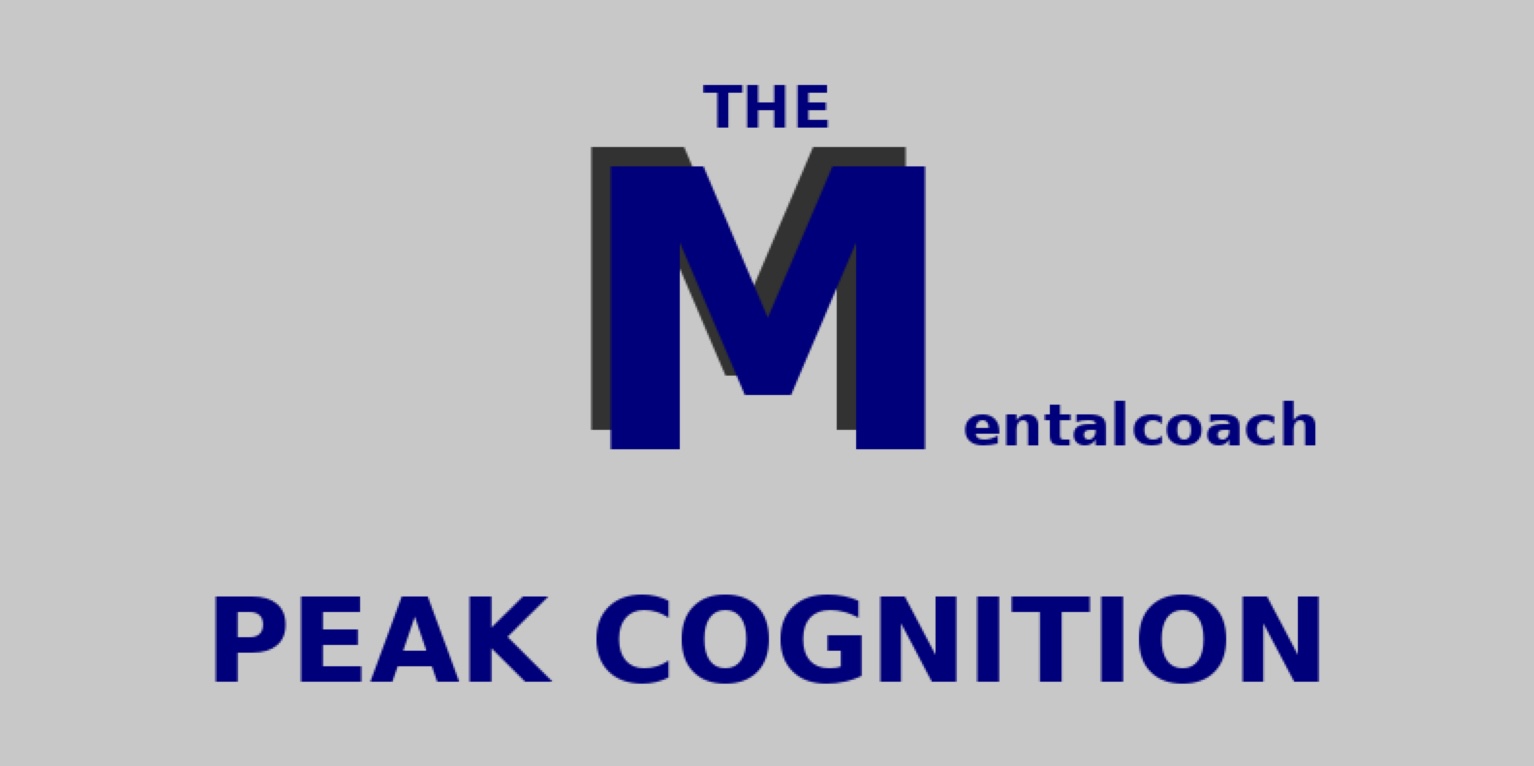“Attention short circuits under pressure” describes a phenomenon where an individual’s ability to maintain focus and attention significantly diminishes under stressful or high-pressure situations.

This can be understood through various perspectives:
- Cognitive Overload: When under pressure, the brain is often required to process a large amount of information simultaneously. This can be information related to the task at hand or external stimuli that are irrelevant but distracting. The brain has a limited capacity for information processing. When this capacity is exceeded, it leads to cognitive overload. This overload impairs the brain’s ability to maintain focus, as it struggles to efficiently process and prioritize the influx of information.
- Stress Response: The body’s response to stress involves the activation of the sympathetic nervous system, leading to the fight-or-flight response. This response is designed to deal with immediate physical threats, not complex thinking or concentration. It redirects the body’s resources towards survival, often at the cost of higher-level cognitive processes. As a result, in stressful situations, the brain may not be optimally positioned to carry out tasks that require sustained attention.
- Emotional Interference: Emotions play a significant role in how we process information and react to situations. In high-pressure scenarios, emotions like anxiety, frustration, or fear can become overwhelming. These strong emotions can dominate our cognitive resources, making it difficult to focus on anything else. For example, worrying about the consequences of failure in a critical task can take up mental space that would otherwise be used for focusing on the task itself.
- Performance Anxiety: This relates to the fear of failing or underperforming in high-stakes situations. The awareness of being under scrutiny or the need to perform at one’s best can create a sense of anxiety. This anxiety can become a focal point of the individual’s attention, diverting mental resources away from the actual task and leading to errors or decreased performance.
- Reduced Working Memory Capacity: Working memory is crucial for holding and manipulating information in the short term. Under stress, the capacity of working memory can be impaired. This means that the amount of information one can hold in mind at any given moment is reduced. Tasks that require holding multiple pieces of information in mind, or complex reasoning, become more challenging, as the brain is less able to juggle and process this information effectively.
- Neurological Factors: Stress can lead to physiological changes in the brain, including the release of hormones like cortisol. While cortisol is essential for the body’s stress response, prolonged or excessive levels can have a negative impact on brain function, particularly in areas involved in memory and attention. Chronic stress can lead to changes in brain structure and function, further impacting cognitive abilities related to attention and focus.
Each of these points highlights a different aspect of how pressure can impact attention and cognitive function, leading to what can be described as ‘attention short circuits’ under stress.

